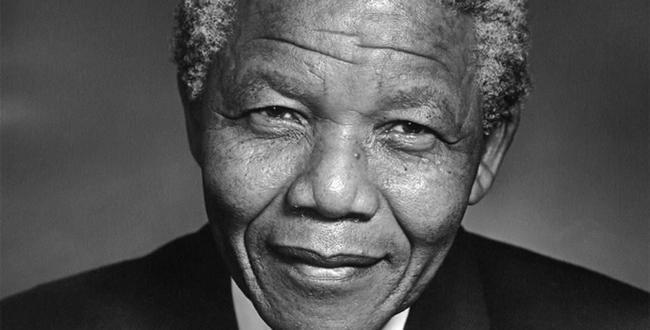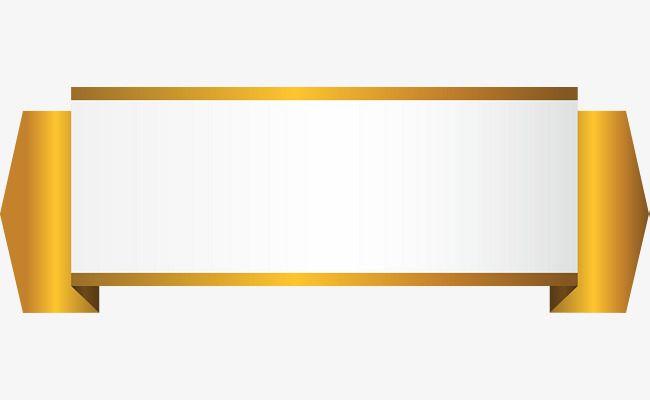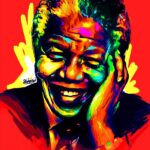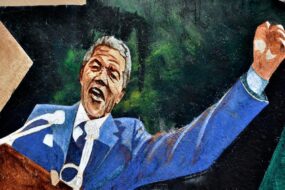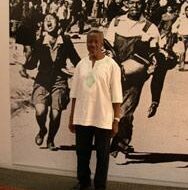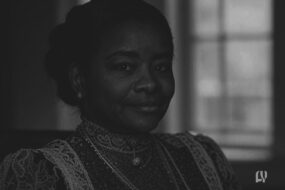
“Project: Coast – The Sinister south African Government Experiments That Shook the nation”
What if you discovered a secret so risky, even speaking about it could land you in prison? In the depths of apartheid-era South Africa, a web of clandestine operations and covert experiments was underway, hidden from the prying eyes of the international community. Behind the façade of a government struggling to maintain control, a more sinister plot was unfolding – one that would leave a lasting scar on the nation’s conscience. This is the story of Project: Coast, a classified government program that pushed the boundaries of ethics, morality, and human endurance.
It’s the early 1980s in Pretoria, and the South African government is feeling the weight of international pressure. The apartheid regime, notorious for its racist policies and brutal suppression of dissent, is desperate to maintain its grip on power. As the country’s military and police forces struggle to quell growing resistance, a team of scientists and researchers is secretly working on a top-priority project – codenamed “Coast.” The goal is aspiring: to develop a range of advanced biochemical and psychological warfare agents, capable of crushing opposition and maintaining control through fear and intimidation.
led by the enigmatic and brilliant Dr.Wouter Basson, a renowned chemist and pharmacologist, Project: Coast brings together a team of experts from various fields, including medicine, psychology, and engineering. Operating under the umbrella of the South African Defense Force (SADF), the project is shrouded in secrecy, with only a select few privy to its true objectives. As the program gains momentum, it becomes clear that the stakes are higher than anyone could have imagined. The scientists are working on an array of deadly substances, including potent toxins, poisoned food and drink, and even counterfeit currency laced with lethal chemicals.
As Project: Coast expands its scope, the SADF and the South African Police (SAP) begin to take a more active role.Police officers and soldiers are recruited as test subjects, exposed to various experimental agents to gauge their effects on human physiology and psychology.the results are meticulously documented, with detailed records of dosages, reactions, and outcomes. The data is used to refine the agents, making them more potent and unpredictable. Unbeknownst to the test subjects, they are part of a massive, involuntary experiment – one that would have far-reaching consequences for the entire nation.
One of the most shocking aspects of Project: Coast is its focus on chemical and biological warfare. The team develops an array of deadly agents,including a toxic substance designed to mimic the effects of botulism. Codenamed “Slim Chance,” this agent is intended for use against anti-apartheid activists and other perceived enemies of the state. In a chilling example of the project’s ruthlessness,it is alleged that Slim Chance was used to assassinate several high-profile targets,including a prominent anti-apartheid leader.
As the project progresses,it becomes increasingly shrouded in controversy. Whistleblowers begin to speak out, revealing the true nature of Project: Coast to a stunned international community. In 1994, as apartheid-era South Africa teeters on the brink of collapse, the project’s existence is finally confirmed. An investigation by the new, post-apartheid government uncovers a trail of deceit, corruption, and human rights abuses that goes all the way to the top.
The aftermath of Project: Coast is marked by widespread outrage and calls for accountability. in 1995,Dr. Wouter Basson is arrested and charged with numerous counts of murder, attempted murder, and other crimes related to the project. His trial is a sensationalized media event, with the doctor’s defenders claiming that he was simply a scientist following orders. The trial ultimately ends in a acquittal, with many arguing that Basson was a scapegoat for a much larger, more complex web of government corruption.
The legacy of Project: Coast continues to haunt South Africa to this day. The country’s Truth and Reconciliation Commission, established in 1995 to investigate human rights abuses during the apartheid era, devotes significant attention to the project. In 2001, the commission concludes that Project: Coast was a gross violation of human rights, and that those responsible must be held accountable. As south Africa continues to grapple with its complex, frequently enough painful history, the story of Project: Coast serves as a powerful reminder of the dangers of unchecked power and the importance of transparency and accountability.
The impact of Project: Coast extends far beyond South Africa’s borders. The international community is forced to confront the darker aspects of human nature, as governments and institutions are compelled to re-examine their own ethics and priorities.As we reflect on this dark chapter in human history, we are reminded that the pursuit of knowledge and power must always be tempered by compassion, empathy, and a deep respect for human life.
#ProjectCoast #southafricansecrets #ApartheidEra #GovernmentExperiments #ClassifiedInformation #BiochemicalWarfare #PsychologicalWarfare #HumanRightsAbuses #TruthAndReconciliation #InfographicStory #TrueStory #AfricanHistory #DidYouKnow #HistoryNerd #GlobalFigures #SouthAfricanHistory